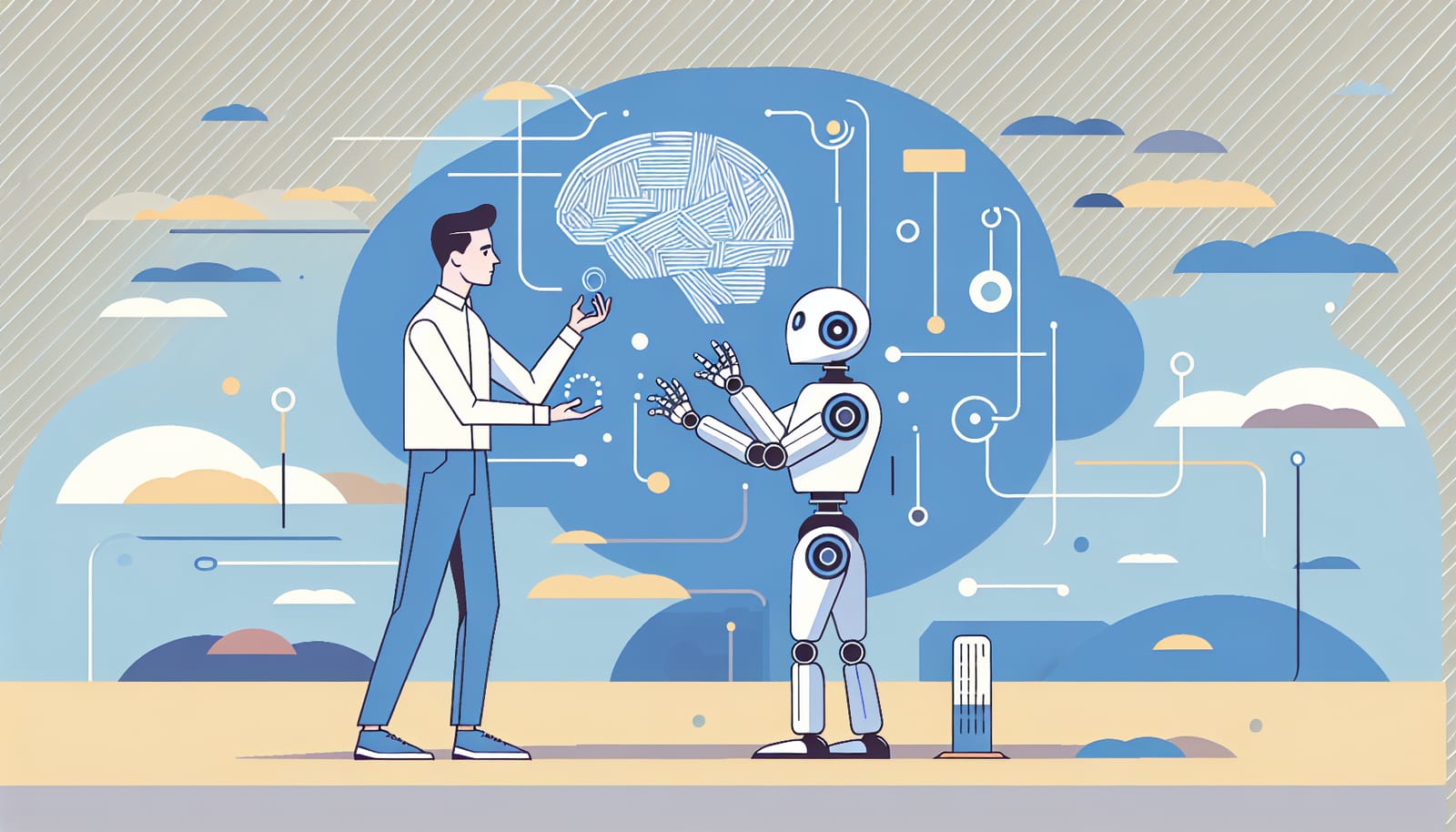Artificial Intelligence (AI) is a buzzword that has taken the world by storm, especially in fields like healthcare. As technology advances, many people wonder if AI can outsmart doctors or even replace them. While the idea is fascinating, the reality is more nuanced. In this article, we’ll explore the role of AI in healthcare, its capabilities, limitations, and the unique qualities of human doctors that machines can’t replicate.
What is AI and How Does it Work in Healthcare?
At its core, AI is a branch of computer science that aims to create machines capable of performing tasks that typically require human intelligence. This includes understanding language, recognizing patterns, and making decisions. In healthcare, AI can analyze vast amounts of data to provide insights, predict outcomes, and assist in diagnosis.
For example, AI algorithms can sift through thousands of medical records to identify patterns in diseases or suggest treatment plans based on a patient’s history. Some AI systems can even interpret medical images, like X-rays or MRIs, helping doctors spot abnormalities faster and more accurately.
The Advantages of AI in Healthcare
One of the biggest advantages of AI in healthcare is its ability to process and analyze large datasets at incredible speeds. This means that AI can help identify trends and make predictions that might take a human doctor much longer to discover. Here are some of the key benefits:
1. Early Detection of Diseases
AI can analyze medical images and lab results to help detect diseases like cancer at earlier stages. Early detection can significantly increase the chances of successful treatment. For example, AI algorithms can evaluate mammograms to identify potential tumors that may be missed by the human eye.
2. Personalized Treatment Plans
AI can analyze a patient’s genetic makeup, medical history, and lifestyle factors to recommend personalized treatment plans. This approach, known as precision medicine, aims to tailor treatments to individual needs, improving outcomes and minimizing side effects.
3. Administrative Efficiency
AI can also streamline administrative tasks within healthcare systems. AI-powered systems can help manage scheduling, billing, and patient records, allowing healthcare professionals to spend more time focusing on patient care instead of paperwork.
The Limitations of AI in Healthcare
Despite its advantages, AI has significant limitations that prevent it from fully replacing human doctors. Here are some of the key challenges:
1. Lack of Empathy and Human Touch
One of the most critical aspects of healthcare is the human connection. Doctors provide not only medical expertise but also empathy and understanding, which are crucial for patient care. AI lacks emotions and cannot form meaningful relationships with patients. The reassurance of a comforting presence during tough times is something that machines simply cannot replicate.
2. Contextual Understanding
AI algorithms often operate based on patterns and data, which means they may lack the contextual understanding that a human doctor possesses. For instance, a doctor can consider a patient’s emotional state, family history, and social circumstances when making decisions. AI, on the other hand, might miss these nuances, leading to less effective treatment recommendations.
3. Data Dependency
AI relies heavily on the quality of the data it is trained on. If the data is biased or incomplete, the AI's conclusions can also be flawed. In healthcare, this can lead to misdiagnoses or inappropriate treatment plans. Ensuring that AI systems are trained on diverse and representative datasets is essential but challenging.
The Future of AI in Healthcare: Collaboration, Not Replacement
The future of AI in healthcare is not about replacing doctors but rather enhancing their capabilities. Instead of viewing AI as a competitor, we should see it as a powerful tool that can support healthcare professionals in their work.
1. Augmenting Decision-Making
AI can provide doctors with valuable insights and suggestions, allowing them to make more informed decisions. For example, AI can analyze a patient’s data and present potential diagnoses, which the doctor can then confirm or adjust based on their expertise.
2. Continuous Learning
AI systems can continually learn and improve over time. As new medical information becomes available, AI can update its knowledge base, ensuring that healthcare professionals have access to the latest research and treatment options.
3. Focus on Preventative Care
With AI handling administrative tasks and data analysis, healthcare professionals can shift their focus toward preventative care. By prioritizing wellness and early intervention, we can reduce the incidence of chronic diseases and improve overall health outcomes.
Conclusion: Embracing the AI Revolution in Healthcare
AI has the potential to revolutionize the healthcare industry, making it more efficient, accurate, and personalized. However, it is crucial to recognize its limitations and the irreplaceable qualities of human doctors. The most successful healthcare systems will be those that embrace AI as a collaborative partner, enhancing the capabilities of healthcare professionals while ensuring that empathy and human connection remain at the forefront of patient care.
As we look to the future, it is essential to foster a dialogue about the ethical implications of AI in healthcare, ensuring that it serves the best interests of patients and society as a whole.
By understanding the potential and limitations of AI in healthcare, we can better prepare for a future where technology and humanity work hand in hand to create healthier lives for everyone.


